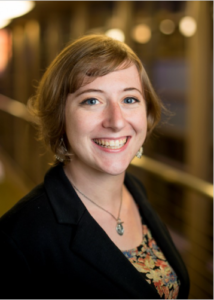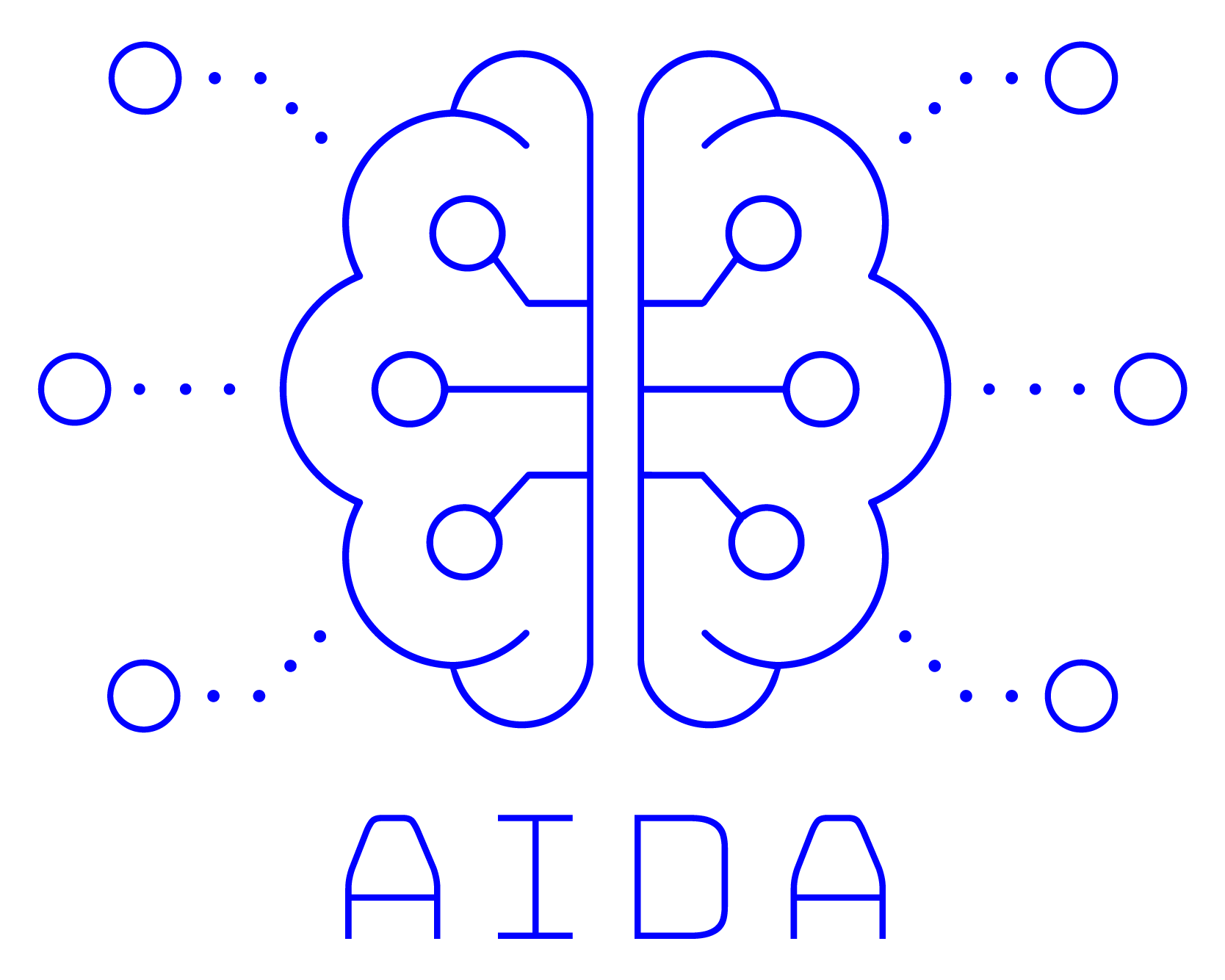CMU Team received awards and distinctions
Over the past weeks, the partners from the Carnegie Mellon University received scientific awards in the fields related to AIDA.
Fredkin Professorship in Artificial Intelligence

Christos Faloutsos, in charge of leading the CMU collaboration with the AIDA project, and professor in the Computer Science Department of CMU, received the Fredkin Professorship in Artificial Intelligence during an online event on Thursday, Oct. 22.
His interests include large-scale data mining with an emphasis on graphs and time sequences, anomaly detection, tensors, and fractals.
An Association for Computing Machinery (ACM) fellow and an Amazon Scholar, Faloutsos has served on the executive committee of the ACM Special Interest Group on Knowledge Discovery and Data Mining (SIGKDD). He has earned numerous research and teaching awards, including the SIGKDD Innovations Award and the Pacific-Asia Conference on Knowledge Discovery Data Mining Distinguished Contributions Award.
VMWare Systems Research Award

Justine Sherry, a member of the CMU team of the AIDA project, and assistant professor in the Computer Science Department of CMU, won the 2020 VMWare Systems Research Award, in recognition of her seminal contributions to the networking field.
VMWare presents the award each year to a faculty member who is within the first five years of their first tenure-track appointment. It includes a $125,000 award to support her research.
Most Influential Paper Award at Data Mining Conference

A 2010 paper by a trio of School of Computer Science researchers that described an algorithm for detecting spammers, faulty equipment, credit card fraud and other anomalous behavior won the Most Influential Paper Award at the 2020 Pacific-Asia Conference on Knowledge Discovery and Data Mining (PAKDD).
The paper was authored by Christos Faloutsos and two SCS students who subsequently received doctorates — Leman Akoglu, now Dean’s Associate Professor in the Heinz College of Information Sciences; and Mary McGohon, site reliability engineering manager at Google.
The paper “OddBall: Spotting Anomalies in Weighted Graphs” discussed a method for analyzing graphs to find nodes that could be considered strange. Such a technique could be used for a wide variety of applications, including detecting network intrusions, political campaign donation irregularities, and accounting inefficiencies or fraud. In social networks, it might detect unusual behaviors, such as adding friends indiscriminately in popularity contests.
© AIDA, 2023
